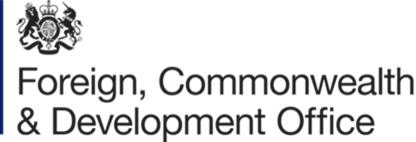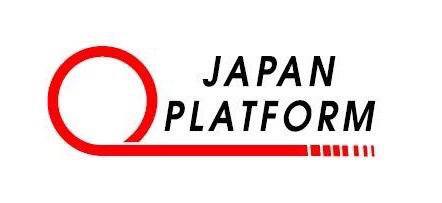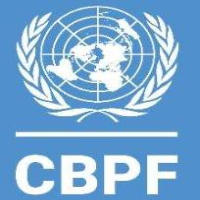Public Health Research
Public Health Research :
THESO and partners support the national ministry of health conduct public health research and Public Health Non-Research in South Sudan to shed light on the influence of the determinants of health, i.e., factors (genetic, environmental, social, etc.) which determine population health. Our public health research is characterised by multidisciplinary and cross-cutting approaches that draws on epidemiology, biostatistics, human and social sciences applied to health, biology, genetics, toxicology and mHealth that entails the analysis of data on population samples, on varying scales, depending on the purpose of the research.
THESO with national ministry of health and partners uses this knowledge to propose interventions and policies, based on scientific evidence, to help improve health and well-being, and reduce health inequalities in South Sudan. South Sudan must urgently develop a comprehensive policy for health research. Defining and aligning common projects across national ministries would realise the implementation of ‘health-in-all policies and step-up health research to increase its impact on health improvement. This needs a long-term commitment and structural measures to ensure implementation and could be supported by South Sudan Council for Health Research.
Like privacy, health research has high value to society. It provides important information about disease trends and risk factors, outcomes of treatment or public health interventions, functional abilities, patterns of care, and health care costs and use. The different approaches to research provide complementary insights. Clinical trials can provide important information about the efficacy and adverse effects of medical interventions by controlling the variables that could impact the results of the study, but feedback from real-world clinical experience is also crucial for comparing and improving the use of drugs, vaccines, medical devices, and diagnostics.
The rising costs in healthcare can only be managed through research underpinning decisions for implementation.
-
Health research is performed in a complex regulatory framework. Navigating the complexity of regulations in health research requires coordination to meet the needs of society and to facilitate health research to the benefit of the patients.
-
Health has no borders as South Sudan faces important public health threats, e.g., infectious disease, crossing borders of human and animal health. Health research needs a global and coordinated vision that is open to the world and takes a holistic ‘One Health’ approach.
-
The potential of precision medicine raises expectations for further improvement of disease outcomes and increased quality of care but requires evidence and research into effectiveness and impact on overall health care. Health research at South Sudan-level can identify and address mechanisms that reduce health inequality.
-
Challenges in health require a long-term commitment. Neglected tropical diseases, communicable diseases, mental health, malnutrition, and the growth of co-morbidities are examples of major health issues that need a comprehensive and long-term view. The path from discovery to innovation and implementation is long.
-
In the present rapid evolution in societal structure, many changes have an impact on health. Meeting health research needs requires input from many disciplines including the social and environmental sciences, humanities, and engineering, and this extends to health policy.
-
The use of health data creates a wealth of opportunities that are amplified by innovations in the digital space. Yet, this potential is currently not developed and not used in South Sudan.












